Like all of Africa, Guinea was targeted for theft by European colonialists who had their eyes on the vast, cheap, mineral resources. France became the "official" thief - or colonizer - of Guinea from the Berlin Conference. It wasn't until 1958 when the Democratic Party of Guinea (PDG) under the leadership of Sekou Ture, organized the people of Guinea to boldly reject continued "participation" in the French Union e.g. the continued colonization of African territories by France. The degree to which France sabotaged Guinea for this brave decision is a full book all by itself, but the point here is to highlight the pride and determination of the people of Guinea, through the PDG, to be free. Despite endless brutality from imperialism which continues through this day, that pride has always defined the people of Guinea. And the basis of that pride was always concisely articulated by Ture who argued repeatedly for dignity to be the priority of our African movements for self determination and forward progress. One can look simply at Guinea's initial interactions with U.S. imperialism to see evidence of this. U.S. intelligence reports of the Guinea delegation's first trip to the U.S. in 1959 reveal the degree of confusion that dominated U.S. officials who could not understand why a poor African country like Guinea was not interested in the "aide" packages the U.S. was attempting to ram down their throats. They heard, but didn't understand Ture's repeated refrain that Guinea wanted no aide from imperialism. The people of Guinea wanted dignity and respect for their existence. U.S. imperialism also had a very difficult time understanding why every decision the Guinea delegation made had to be discussed by the entire delegation. Despite Ture being the lone spokesperson, he would never consult to anything, all the way down to when and where to go to dinner, without consulting with all the comrades in the PDG delegation first. This is revolutionary Pan-African democracy practiced in the mass political parties, like the PDG, that emerged from the 5th Pan-African Congress in 1945. Mass, revolutionary parties as opposed to bourgeoisie and/or vanguard parties. Something most on the so-called left or right (especially outside of our Pan-African movement) really have no concept of today.
It was this mass and revolutionary character that led the PDG to serve as one of the guiding lights against imperialism in Africa during the 1960s. One of the early efforts the PDG made to develop relationships with the African diaspora was the PDG's invitation for a delegation from the U.S. Student Non-Violent Coordinating Committee (SNCC) to visit Guinea in 1964. The delegation was developed between Sekou Ture and actor/singer Harry Belefonte. The idea was to provide some guidance and inspiration to the young SNCC activists who were facing stiff opposition from all quarters of U.S. society for their courageous work to end legalized segregation within the U.S. The persons who would travel to Guinea were chosen democratically. Among them were then SNCC chairperson John Lewis (now a U.S. congressperson) and Ms. Fannie Lou Hamer. Ms. Hamer had come to international prominence that year from her work in the SNCC supported Mississippi Freedom Democratic Party (MFDP). The MFDP was the organization that forced integration into the so-called two party process in the U.S. through its bold challenge to the delegate seating process in the 1964 Democratic Convention.
The SNCC organizers who traveled to Guinea were exposed to all of the developing work the PDG was doing to strengthen the Guinea revolution which was building upon the devastation left by France's wicked colonial exploitation. What was not lost on the SNCC members was the pride and determination the people of Guinea had to fight through all the adversity in order to advance their people and all of Africa. Ms. Hamer reported back that she was also highly influenced by the clear connection between Africans in Guinea and Africans in the U.S., particularly Mississippi. She remarked to a young Stokely Carmichael (later Kwame Ture) that "they stand and talk just like us Stokely! They even be holding they kids like we do!"
It was no accident that Sekou Ture made it such a priority to meet with and develop relationships with as many Africans fighting for freedom as possible. From Eduardo Mondalane from Mozambique (one of the founders of the Mozambique National Independence Movement or FRELIMO), to Malcolm X, to the SNCC delegation, Ture was consistent with his sincere message of Pan-African support and the need to base our struggles not in attacking our enemies for what they do to us, but in salvaging and respecting the dignity of our people. Ture's message was always that once we reclaim our dignity, the rest will develop organically from our work
Of course, it should definitely not be seen as any type of coincidence that the young Stokely Carmichael made the decision to go to Guinea himself in 1968 and to eventually move there a year later with his wife - Azanian (South Africa) born Miriam Makeba to become PDG militants. Under the guidance of Sekou Ture and Kwame Nkrumah, who Ture welcomed into Guinea as co-president after Nkrumah was illegally overthrown in Ghana in 1966, Stokely Carmichael took the assignment to carry out the work outlined in Nkrumah's "Handbook of Revolutionary Warfare" (1968). That assignment was to build upon the African independence movements and the U.S. Black power movement to create the All African People's Revolutionary Party (A-APRP). Obviously, that work continues and advances today, but the point here is to highlight the contribution of Guinea to the enhanced militancy of SNCC (and the developing Pan-African consciousness of people like Malcolm X). Of course, Malcolm's ideas played a major role in shaping the U.S. Black power movement. SNCC, the Black Panther Party, the Republic of New Afrika, the Revolutionary Action Movement, and all organizations who contributed to the Black power movement acknowledge this. What's not as widely discussed are the forces that further radicalized Malcolm after his break with the Nation of Islam. Or, what pushed SNCC to move in 1965 to bring Malcolm to address their membership. And SNCC's dramatic movement away from non-violence principles and towards militant African nationalism was certainly encouraged and guided by the revolutionary republic of Guinea, the PDG, and the leadership of Sekou Ture. In 1966, a radicalized Stokely Carmichael defeated John Lewis as SNCC's new chairperson and a short time later, SNCC had replaced "Freedom Now" with "Black power!" as their official slogan. After moving there in 1969, Stokely Carmichael stayed in Guinea working within the PDG and the A-APRP. In 1977 he changed his name to Kwame Ture to honor Sekou Ture and Kwame Nkrumah.
Today, the PDG still struggles to build in Guinea after being overthrown in a coup in 1984 shortly after Sekou Ture's death. We have learned a lot from losing the PDG as a power base in Guinea and the lesson of the need for mass political education is more clear today than ever. As a result, we continue to build on that work in Guinea and throughout the Afriacn world, but as we do, we stop and pay respects to Sekou Ture and the PDG for the boost they gave us as African people for their example.
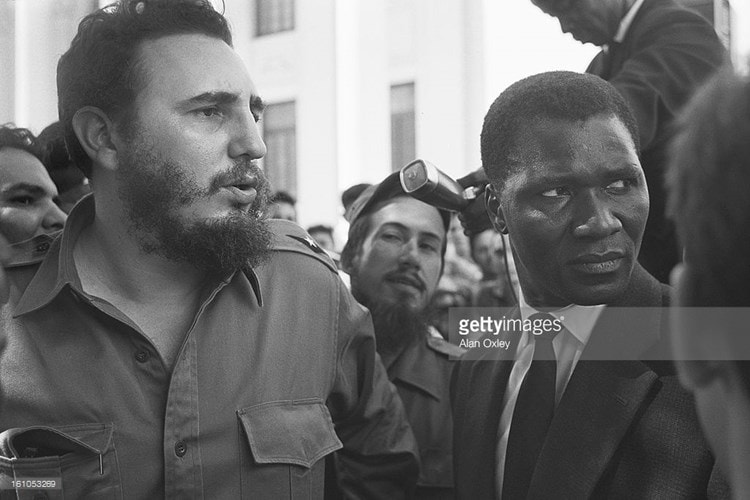

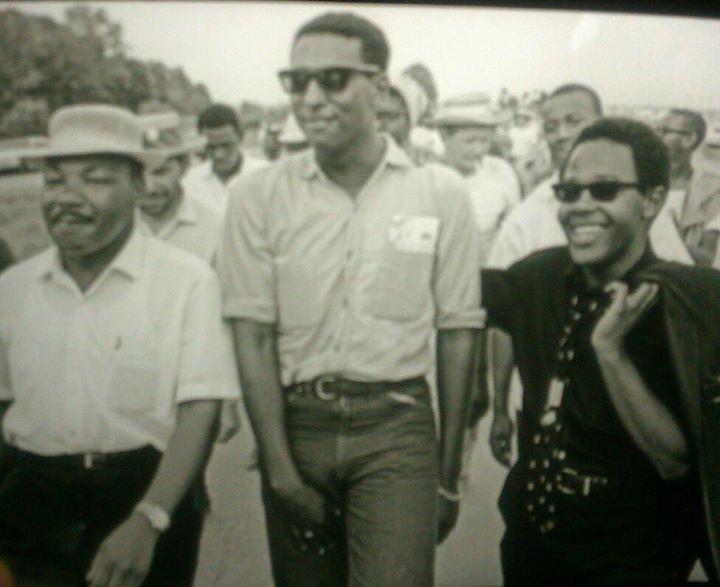
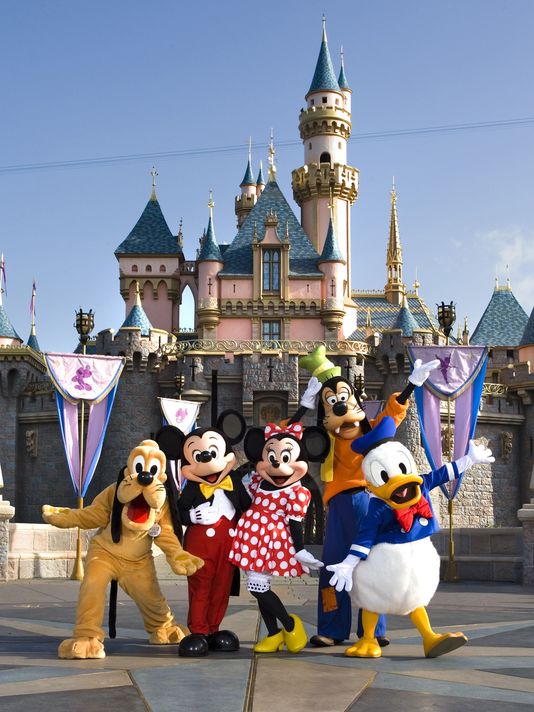
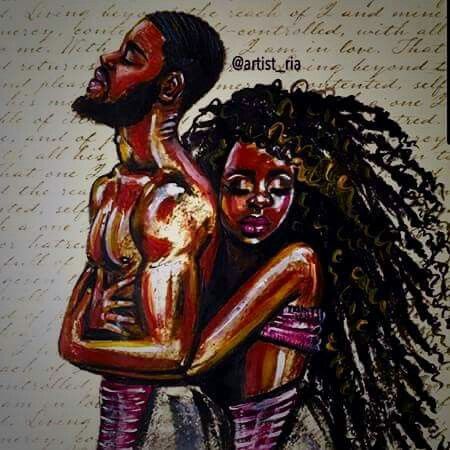
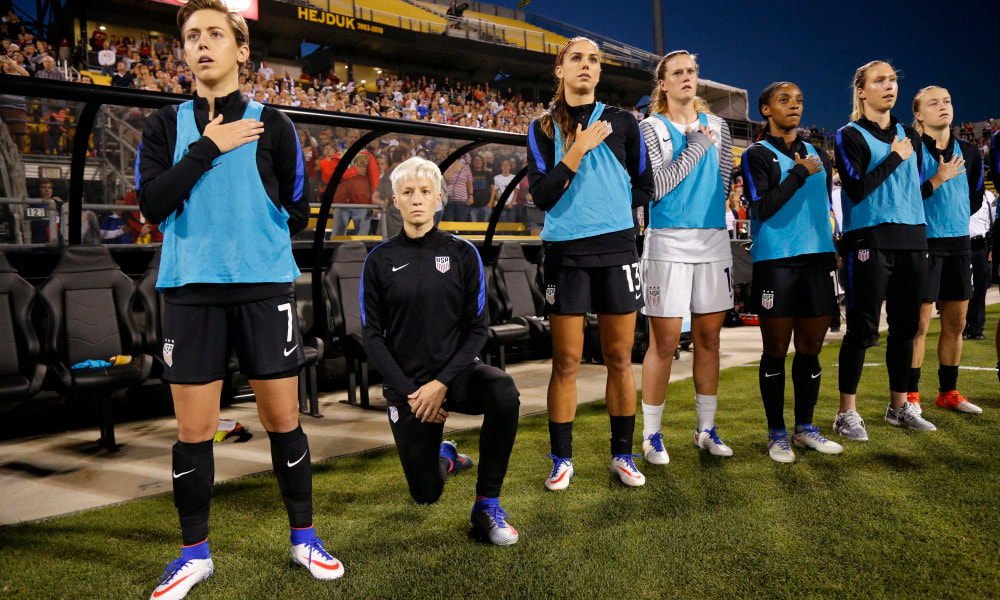
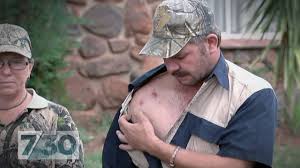
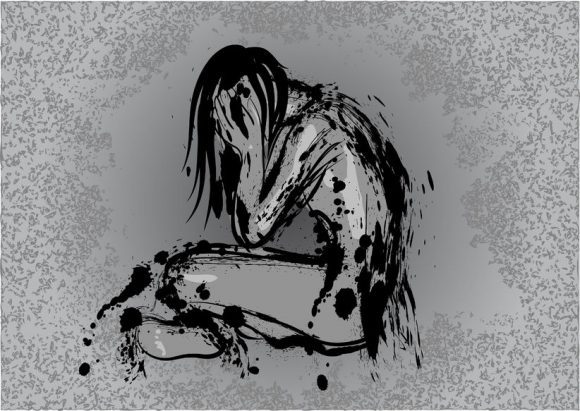
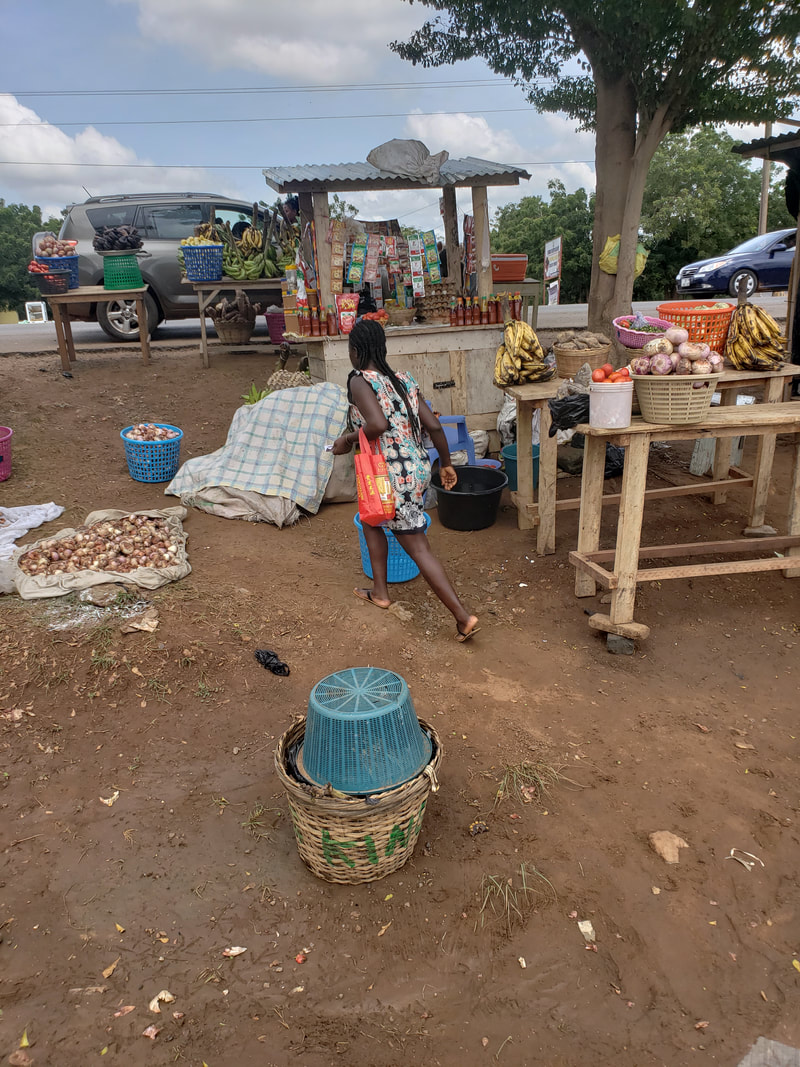

 RSS Feed
RSS Feed
